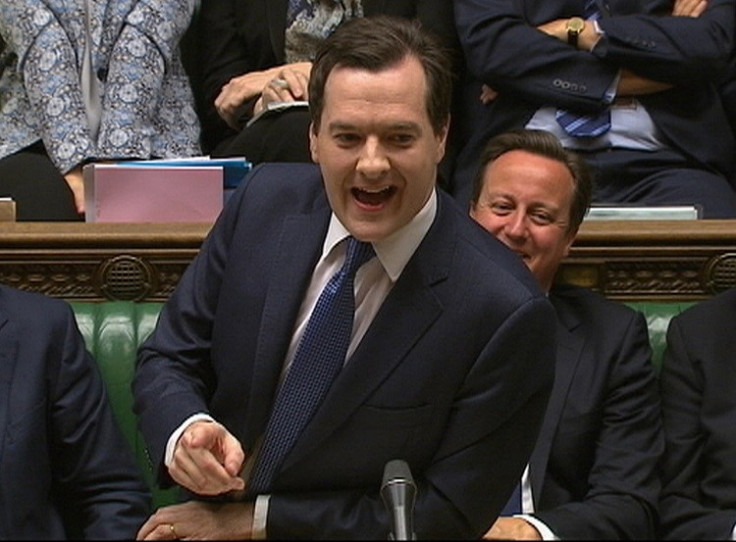Autumn Statement 2013: Government Will Not 'Con Consumers Like Labour' Over Energy Costs

Britain's Chancellor George Osborne has branded the Labour Party's promise to fix energy prices if it wins the general election in 2015, a "con".
As part of the Autumn Statement, the Chancellor said that "we are tackling energy costs by being transparent and not by conning consumers that we are able to control oil prices."
"Instead, we are planning to roll-back on levies that the previous government installed which will in turn support the lowest income families because it will not add a penny to the taxpayer's bill.
"My political philosophy is to tackle this by not penalising people with more taxes and regulation. Going green doesn't have to cost the earth."
In September, opposition leader Ed Miliband pledged to freeze energy prices until 2017, if the Labour Party wins the general election in two years.
His suggestion was heavily criticised by the government and energy firms, who claimed it would lead to blackouts and halt much-needed investment in the country's creaking infrastructure.
The industry blames spiralling consumer energy bills on infrastructure investment, volatile wholesale costs, and green taxes levied by government. Critics of the industry point to the billions of pounds made in profit and say rising bills are more about lining shareholders' and bosses' pockets.
Three months later, the coalition government has pledged to cut energy bills by £50 a year, via a series of measures, while a number of the UK's 'Big Six' energy companies have revealed that they are either slashing household bills or not raising prices until 2015.
"It has taken me longer than I'd have liked," said Cameron, while in China for trade agreement talks.
"But I'm very glad that we have put in place some relief on energy bills."
Energy minister Ed Davey said fuel poverty subsidies would be moved into general taxation and some green policy targets would be slowed down as homebuyers could instead be granted £1,000 to spend on energy-saving measures.
The government measures also included a reduction in the Energy Companies Obligation (ECO), which requires energy companies to provide insulation or other energy-saving measures to 400,000 homes a year.
© Copyright IBTimes 2025. All rights reserved.






















